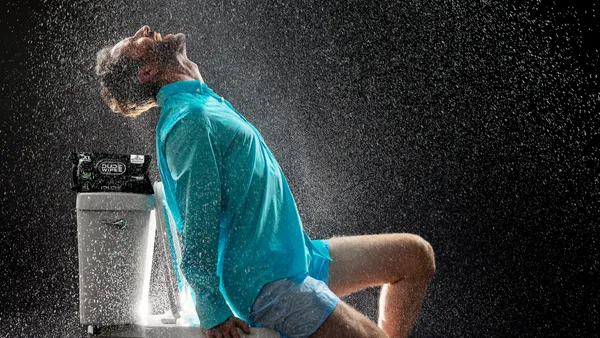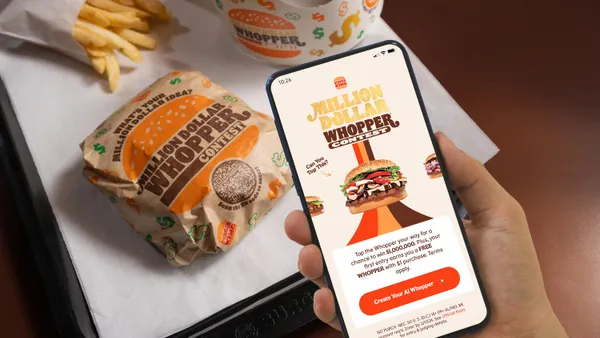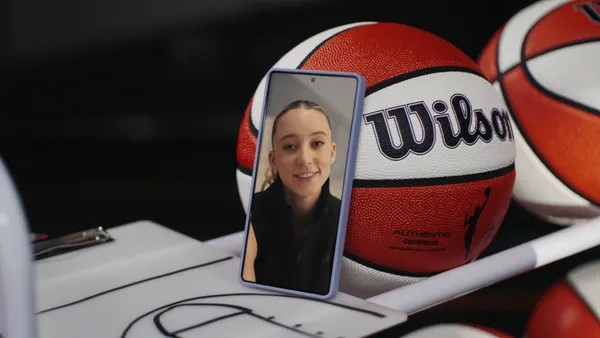Shopping habits have changed in the last three years, across both the B2B and B2C landscape. Consumers who may have been hesitant to buy online began to do so for safety reasons and wound up embracing it. On the B2B side, while the path to purchase has always been a complex journey, this new hybrid landscape has made it even more nuanced. Not only has it increased the number of decision makers involved in the buying process, it has also increased the number of touchpoints involved in the buying process. In order to demystify this new landscape, Google partnered with Bain to survey 1,208 people at U.S. companies involved in buying software, cloud hosting, hardware, telecommunications, logistics, marketing and industrial equipment and conducted extensive interviews with 10 buyers, in which we examined their habits at each stage of the shopping journey. Three key themes emerged to drive consideration, foster engagement and deliver business results:
Make the Day One list. The Day One list is a group of suppliers the buyer already knows they want to consider. According to those surveyed, 86% of B2B buyers have a Day One List1 and 92% of B2B buyers will purchase off of their Day One list.2 This means that before officially beginning the shopping journey, most buyers already know who they want to buy from. That said, most buyers will do more research and add at least one additional supplier to their consideration set.
Meet buyers where they are online. We saw that 69% of B2B research is conducted online, and buyers would actually prefer to use digital even more. To help pinpoint the best channels to focus your digital efforts, we assessed how frequently buyers use top research sources. Search is the most used resource overall, with 56% of buyers using it at least weekly when researching. Vendor websites are the second largest source used. As buyers reach the point of purchase, consider incorporating your online and offline first-party customer data into digital activations to connect across all digital channels and optimize to your highest value customers with automation.
Engage all potential decision makers in the buying process. Today’s buying committees have an average of 17 stakeholders (yes, 17!), sitting across a range of roles including IT, Marketing, Ops, Strategy, Procurement and HR. With an average of 40 touchpoints for each of these buyers and over 670 opportunities to influence the B2B buying decision,3 the challenge to stay engaged throughout the journey has never been greater. What’s critical then is showing up for all decision makers across touchpoints, which increasingly include digital touchpoints. Cross channel advertising solutions such as Google’s Performance Max enable you to access all inventory to increase brand awareness, inspire consideration and drive action across all stages of the purchase journey.
With so many stakeholders, touchpoints and channels at play, “complex” may be an understated descriptor of today’s B2B buying journey. Ready to learn more about the changes to the B2B buying landscape? Read more on HBR and WSJ.
1.Google/Bain, B2B Discovery to Devotion Study, US, 2022 n=1208, conducted across B2B Buyers
2.Google/Bain, B2B Discovery to Devotion Study, US, 2022 n=1208, conducted across B2B Buyers
3.Google/Bain, B2B Discovery to Devotion Study, US, 2022 n=1208, conducted across B2B Buyers










